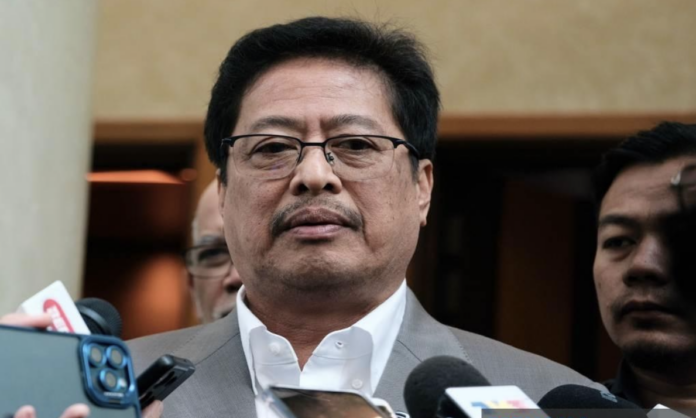PUTRAJAYA, June 13 – The Malaysian Anti-Corruption Commission (MACC) will hold discussions with the Public Service Department (JPA) and the Chief Secretary to the Government (KSN) Tan Sri Mohd Zuki Ali concerning the reporting mechanism for issues related to corruption and abuse of power by department heads and unit heads within the public service.
MACC Chief Commissioner Tan Sri Azam Baki said that the reporting mechanism needs to be refined as it involves many levels within a department.
“When we talk about reporting, it is not just about the department heads but also involves supervisors. There are many levels of supervisors, so for example, an employee from the support group has his own supervisor… thus, this mechanism needs to include how reporting is done to the higher-ups or to MACC,” he told the media when met after the launch of the book ‘The Sin of Corruption: A Religious Perspective’ on Thursday.
He said that under Section 25 of the MACC Act, it is mandatory to report acts of corruption to the commission and that not reporting any bribery offered to oneself or to any public officers is also an offence, and it can become a criminal offence.
“It can lead to dismissal if found guilty. That is the law. However, in our current plan, we need to first discuss with JPA and the KSN (the reporting mechanism),” he said.
On Monday, Prime Minister Datuk Seri Anwar Ibrahim, while speaking at a monthly gathering with the staff of the Prime Minister’s Department, said that there will be no promotions for department heads if misconduct by civil servants under their supervision is not reported.
Anwar, who is also the Finance Minister, said he wants a resolution regarding the promotion aspect to be made next week, with the method expected to be announced by Mohd Zuki and Public Service Director-General Datuk Seri Wan Ahmad Dahlan Abdul Aziz.
Meanwhile, Azam said that the commission welcomes Anwar’s suggestion that department heads who do not report corruption or misconduct occurring under their supervision should face action.
“This is accountability for all department heads and supervisors because reporting acts of corruption by officers under their staff is timely for them to supervise and report to higher authorities and MACC. If this is not taken seriously, it will lead to a collapse in the public service.
“So for MACC, we welcome this suggestion and we will first discuss with the public service and the Chief Secretary to examine the internal methods or reporting mechanism,” he said.
















